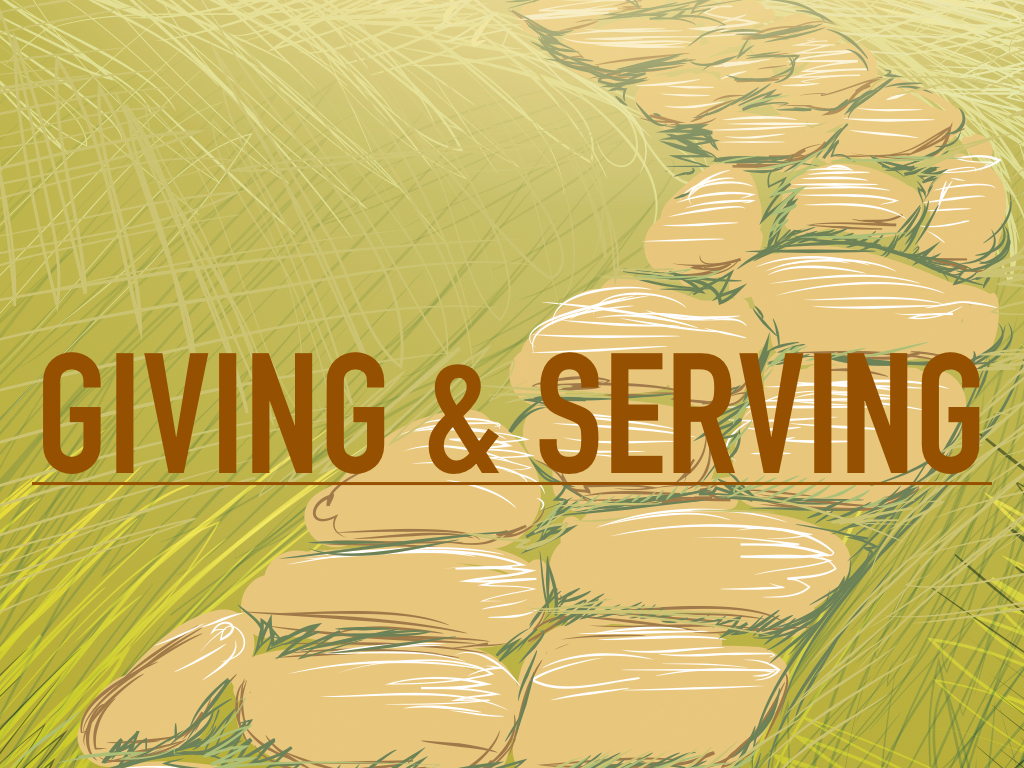
“It’s time.”
I knew exactly what that statement meant, even at 2:30 in the morning, because I was ready for the call. The young couple that I ministered to in my church had begun to experience a nightmarish, tragic scenario as their newborn son became sick. In fact, within the first two weeks of his life, his health went from bad to worse, and day after day he was attended to by the staff at the hospital, a long two-hour drive away.
As their pastor, I visited them often, making the four-hour round trip to and from the hospital just to pray, read Scripture, and minister to them by being present. Yet I knew that I couldn’t be there all of the time, and so they had an open invitation for the parents to call me anytime during this crisis, day or night, especially if things took a turn for the worst.
Thus, the call: “It’s time.”
Wiping the sleep from my eyes, I jumped out of bed, got dressed, and started to head out to the car to make the two-hour drive. My wife joined me, and we made the trip to the neonatal ward with the intent to comfort and console the distraught parents and grandparents. As the two-week-old breathed his last, there we were together, praying, crying, and loving on each other in the presence of God.
That was over fifteen years ago, but I remember it like it was yesterday. Every year, the mom mentions her son’s birthday on Facebook, and every year, I am reminded of God’s grace through such a difficult time. But how should someone minister to someone in a crisis such as this?
Here are five takeaways that may be helpful:
- Be present. There is something to be said about the ministry of presence in a crisis. It doesn’t mean that you need to be there all the time, but you do need to be there from time to time. Strategically being available and easily accessible (at least on a short-term basis) to those in a crisis can be helpful and a comfort to those in need.
- Share the Word. In my rush, I didn’t bring my Bible and it was before smartphones existed. However, I was thankful that I memorized several meaningful passages of Scripture, including Psalm 23. This proved to be such a soothing experience as I spoke the words of Scripture from the heart to their hearts. Sharing Scripture allows those in pain to hear words of comfort and peace straight from the heart of God.
- Pray peacefully. We prayed, but I made sure that as I prayed, that my love for the family was felt. Thus, they heard my words as I prayed to the Lord and heard my heart as it broke for them. Also, I made sure that my prayers were subservient to the will of God. In other words, we laid the request at the foot of the cross, but we did it with a desire for God to bring us peace, no matter the outcome.
- Show emotion. Some would disagree, but I believe that it is normal and natural for the caregiver to show emotions with those who are grieving. After all, Jesus did (see John 11:35). Don’t be afraid to shed a tear with those you love, yet be sure to make this about you comforting them rather than the other way around.
- Follow up. Often when a crisis occurs, a short term means of support is needed for the family to walk through it. However, a longer means of support might also be needed. Weeks, months, or even years after the crisis, the family still needs ministry. This is especially true when holidays, birthdays, or anniversaries come around. Be organized and set yourself up with reminders to follow up periodically and during those occasions with the member, whether it’s by means of a card, a call, or some other point of contact.
Ministry isn’t easy, and crises occur all around us. If you set a plan to minister with both short and long-term perspectives in mind, you will be able to love those through the tragedies that they may be going through. Most of all, you will be able to point them to the One who comforts them most of all, Jesus Christ.
Dr. Fran Trascritti is a husband, father, and grandfather to 13 beautiful children. He is the Growth Team Leader for the Illinois Baptist State Association. He and his wife, Teresa, live in Springfield, IL.



